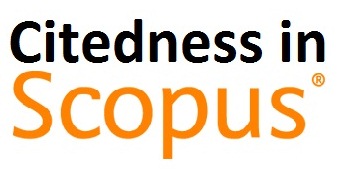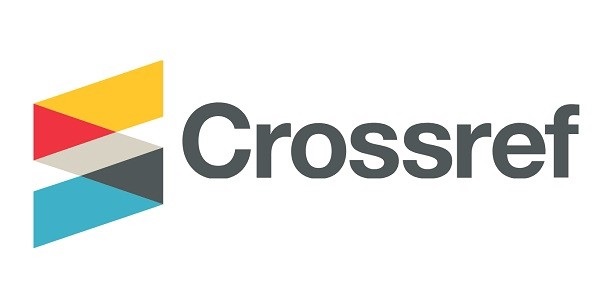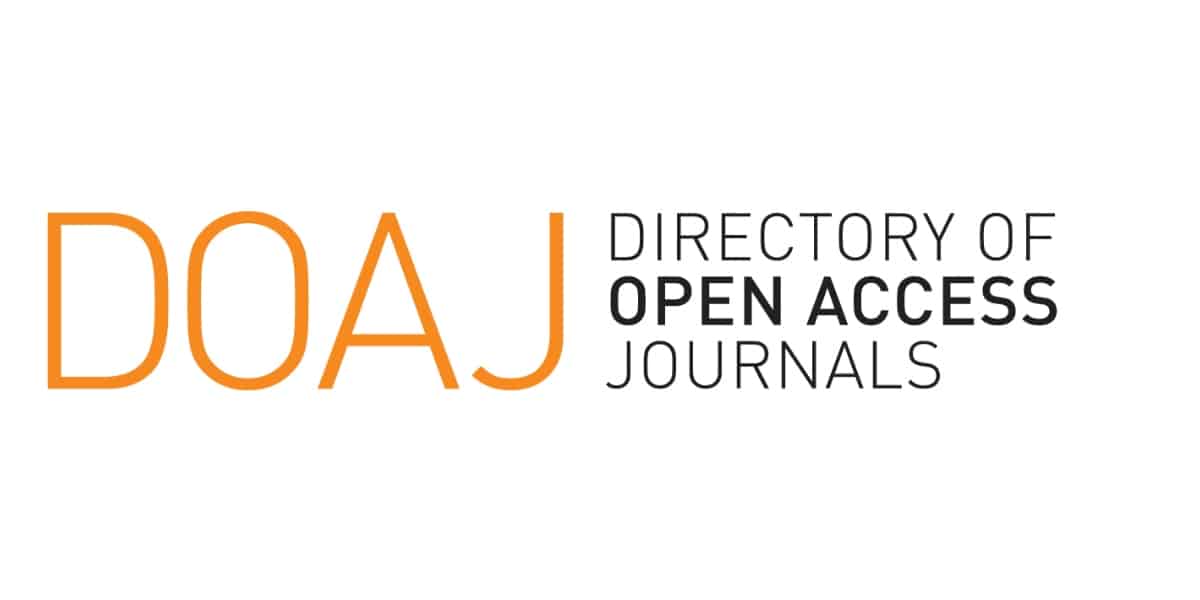Model Perencanaan Agregat untuk Sistem Produksi Two-Stage pada Industri Pangan dengan Bahan Perishable
Abstract
Aggregate planning is one of the most important activities of operations management for a competitive supply chain. Aggregate planning balances supply and demand during the planning time horizon. Aggregate planning in a food industry with perishable goods characteristics is a common problem. Mostly, studies on aggregate planning are only concerned with single product and single-phase production processes. This paper proposes a two-stage aggregate planning model that can be applied in the food industry with perishable goods characteristics. The two stages of the production process consist of processing raw materials into intermediate products and processing intermediate products into final products by implementing postponement or intermediate product storage. Processing of raw materials into intermediate materials is expected to solve the problem of material deterioration rate. The aggregate planning model uses a mathematical model approach and is solved by using Goal Programming. Based on the results of model verification using hypothetical data, the aggregate planning model can be applied to the food industry which implements a two-stage production system.
[Keywords: aggregate planning, two-stage production system, perishable goods, modelling]

_page-00013.jpg)







_(1).png)

